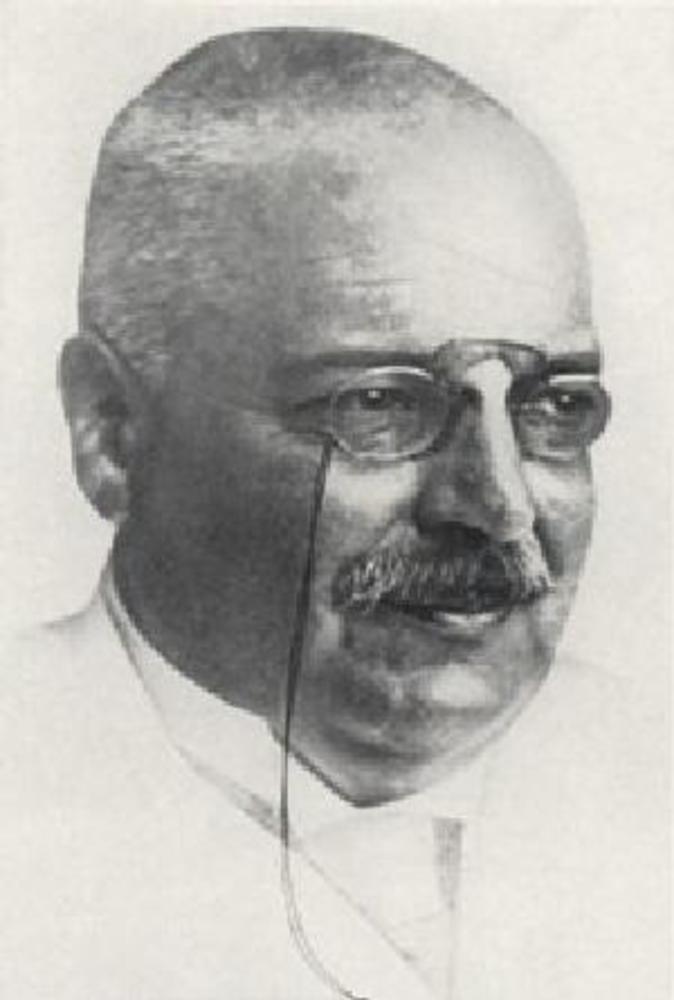Alzheimer's: What we know
Interview with
Search for Alzheimer's Disease on the internet and you might be lead to believe  that we're on the cusp of conquering one of the most puzzling diseases of our time and indeed, there have been some 'big' breakthroughs out in recent months. So today on the Naked Scientists, we're going to be taking a closer look at these developments and ask when, and if, we'll be able to defeat the disease. First, what do we know about Alzheimer's? Louise Walker took Chris Smith through the pathology...
that we're on the cusp of conquering one of the most puzzling diseases of our time and indeed, there have been some 'big' breakthroughs out in recent months. So today on the Naked Scientists, we're going to be taking a closer look at these developments and ask when, and if, we'll be able to defeat the disease. First, what do we know about Alzheimer's? Louise Walker took Chris Smith through the pathology...
Louise - Alzheimer's was first described in 1906 by a German neuropathologist and psychiatrist called Alois Alzheimer. And what he did, he examined the brain of a lady called Auguste D., and she's been experiencing symptoms such as memory loss, aggression, and delusions, and when he examined her brain he found that she had two proteins in her brain that were not usual. So the first one were clumps of a protein called amyloid, which are now known as amyloid plaques, and another one were tangles of a different protein called tau.
Chris - And he could see all of that over a hundred years ago?
Louise - Yes, he stained them with a special dye and he was able to see these two abnormal proteins and realised they weren't normal parts of the brain, yes.
Chris - And today, what do we understand about the role of beta-amyloid and these tau tangles in causing Alzheimer's?
Louise - The role of these two proteins is actually not fully known. So we know that they exist in the brain of people who are affected by Alzheimer's disease and that amyloid seems to appear first and tau appears a little bit later, and they're thought to cause damage to the cells. So amyloid appears outside of the cell and tau appears inside of the cell and in some way they cause the brain cells, or the neurons, to stop working properly and that causes them to become stressed and die. But currently the exact link between the two proteins, the way that they affect the brain cells, is not fully known.
Chris - What sort of tempo does it follow then - once you start to see these symptoms how quickly can a person expect it to progress?
Louise - It varies a lot from person to person so people will experience these symptoms differently. Not everyone will experience the symptoms I've described and the prognosis and the progression of the condition varies a lot from person to person, so it depends on their age and the type of Alzheimer's that they have. If they've got early onset Alzheimer's they may progress faster than somebody who gets it in the later stages...
Chris - By early onset, you mean someone who's young when they start getting symptoms?
Louise - Yes. By early onset Alzheimer's, we mean somebody who is diagnosed before the age of sixty-five, which Auguste was actually, she was fifty-six when she passed away. So it can progress over five to ten years but I have heard of cases of people living with it for over twenty years.
Chris - At the moment, what can we do for someone who has this?
Louise - At the moment, if somebody is experiencing memory problems we will encourage them to go and see their GP and to get a diagnosis, because a lot of people feel that they don't want to, or they think there's nothing that can be done. But, if they go to their GP, you will have the comfort of having a diagnosis and there are some treatments that can be given to that person. They don't treat the underlying causes of the condition but they do help to manage the symptoms for a short period of time.
Chris - Now can you just define, because I think some people may be worried about what we call memory loss? Because I went out this morning and I forgot to pick up my keys but that doesn't mean I've got Alzheimer's disease so what do we define as memory loss in this context?
Louise - It's when memory loss begins to interfere with your day to day life. So said you've forgot your keys, that's obviously normal - everybody does that, but maybe if you start forgetting what your keys are, or what they're for, that would be a time to get concerned.
- Previous The (even) bigger picture
- Next Why Alzheimer's drugs keep failing










Comments
Add a comment